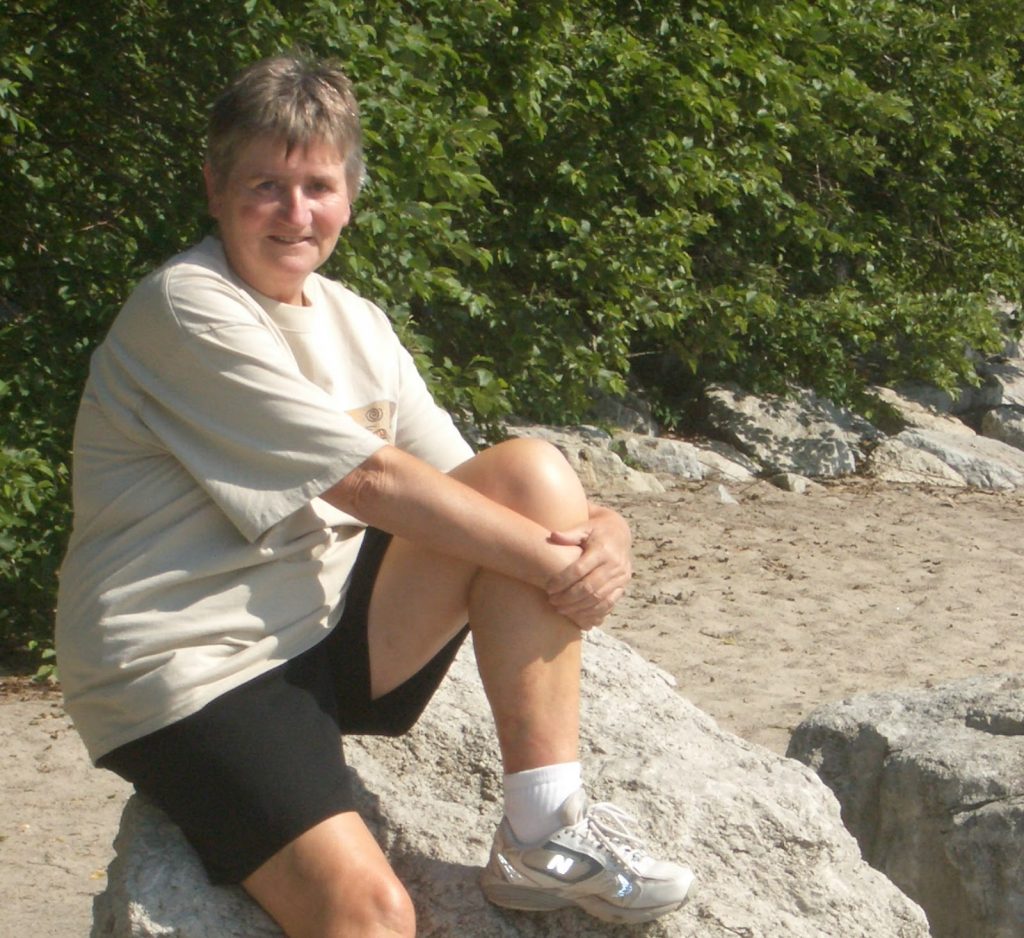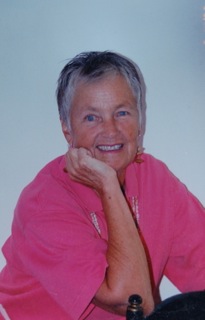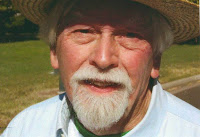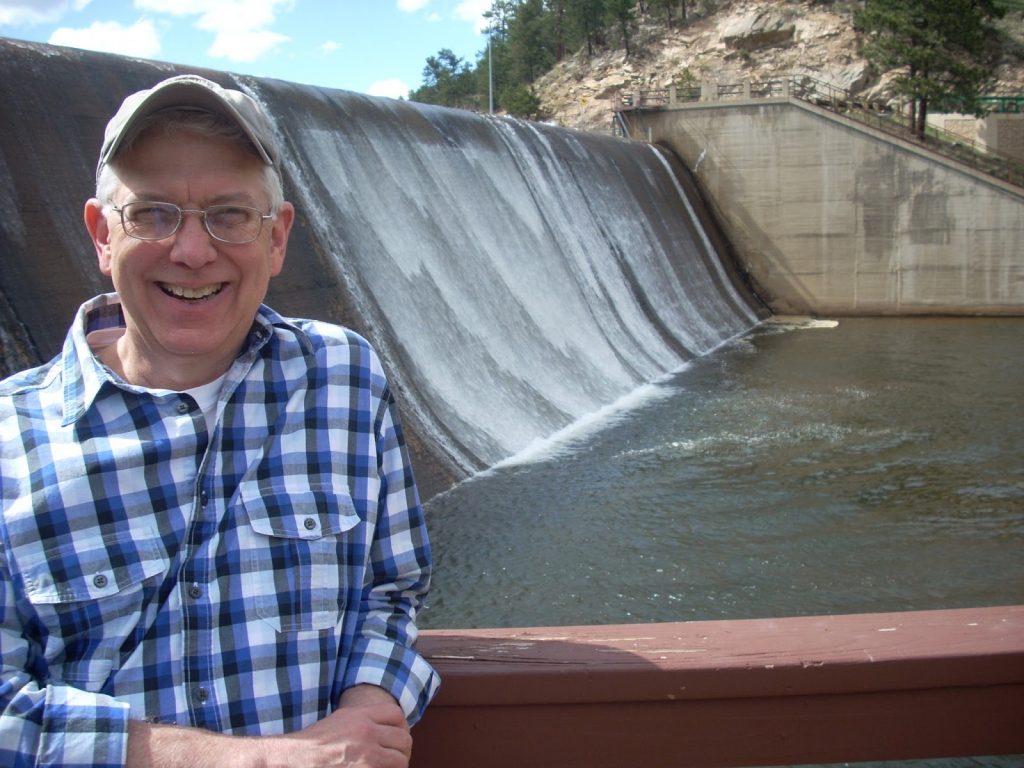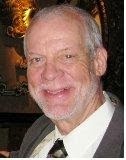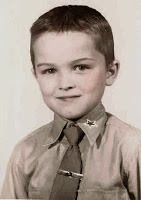We just have it and
its part of our nature.
There is a kind of flagrant joy that goes very deep and
it’s not available to most people.
Something about our capacity to live and let
live
is uniquely foreign.”
Reframing reality seems to be the heart and soul of being queer. In fact we could as easily substitute “I am reframing reality” for “I am coming out”. If we don’t create our own queer reality we often live very unhappy and sometimes tragic lives. This reality-reframing can be perilous and the odds stacked against us are formidable which may in part explain our rather inordinate amount of suicide, the use of mind-altering drugs, tobacco and alcohol or our preoccupation with Broadway musicals, opera, show tunes and/or women’s basketball and golf.
My own early coming to queerness in my late teens in rural Illinois while attending a Catholic prep school involved seeking out one of the male high school counselors, there were several, for “guidance” around my budding sense of difference. ‘Gay’ was not a common word in the vernacular at that time, certainly not in Catholic High Schools in Illinois, but I was possessed with the thought that maybe I was a homosexual.
Looking back with a bit of honest hindsight I sought out this particular counselor not because I wanted to be re-assured that I was really as straight as the next guy but rather because I was drawn to his masculine looks, demeanor, large hands and the intoxicating smell of his aftershave, it was Old Spice, which can to this day still conjure up an olfactory hallucinatory hard-on. I really wanted to just have “flagrant sex” with him!
That of course did happen and after that first encounter which was essentially a mutual masturbation session resulting in an orgasm that was so intense I am sure I saw Jesus winking down at me from the crucifix on the wall over our heads. I was then able to leave town the next day for Mound Bayou, Mississippi in a state of “flagrant joy”.
One of several things plaguing my adolescent mind in those years was why I was not experiencing the same excitement and obvious obsession in exploring relations with girls that my male peers were. What was wrong with me? Was my life to be a series of very unsatisfactory experiences with the opposite sex ending in a joyless marriage perhaps further complicated with offspring? Remember this was 1967 and there was no local LGBT Center in town to provide guidance.
Well that first orgasmic encounter with my counselor in one burst of “flagrant joy” totally reframed my reality. Life was not going to be a joyless, sexless drudgery after all.
I did have another lapse into self-doubt about my newfound queer reality a couple years later at college when I again sought out counseling to address the ‘homosexual issue’. This probably followed a couple of frustrating experiences with other men – I mean reframing reality is not all endless flagrant joy. This counselor was also male but not someone I found attractive physically and we ended our therapeutic relationship after the second session when he insisted that I start with incorporating more masculine behaviors into my life including ending our time together with a manly handshake. I guess the logic was if you wanted to be a man for Christ-sakes act like one – now that is a futile attempt at reframing reality if there ever was one.
It was shortly after the sessions on manly behavior that the opportunity for heterosexual sex presented itself. Perhaps it was simply a reflection of the power of the all-pervasive and suffocating reality of the heterosexual dictatorship or more likely my own well-honed neurosis but I made one more very short stab at the straight male thing and had sex twice with one of the woman in our circle of friends. Despite my obnoxious sexual performances this very strong woman was in many other ways very influential in my life and my own development of a feminist sensibility. She went on to have a great life and family obviously unscarred by my sexual ineptitude. She was very sweet and patient but in the end honestly told me that I was really bad at sex. Both times involved trying to perform with my eyes being tightly closed, relying on her guiding hand to find the entrance and thinking the whole time this is so wrong and unnatural to boot! I won’t even get into how it felt to me physically and that when my orgasm did actually occur it involved a very intense, albeit transient, reframing of reality.
The sexual part of my queer reframing of reality has been only one small part of my life however. My innate sense of difference I really do think has freed me up to reframe all sorts of realities. Realities foisted upon me by the politicians, priests, pundits and really society in general. The great life adventure that is being queer is all about reframing reality and you know it really never ends. When the world attempts to lay their realities on to us though we can always wiggle free because we have the great gift of “flagrant joy that goes very deep and is not available to them ” (Paul Monette).
© June 2014
About the Author
I was born in La Porte Indiana in 1949, raised on a farm and schooled by Holy Cross nuns. The bulk of my adult life, some 40 plus years, was spent in Denver, Colorado as a nurse, gardener and gay/AIDS activist. I have currently returned to Denver after an extended sabbatical in San Francisco, California.


